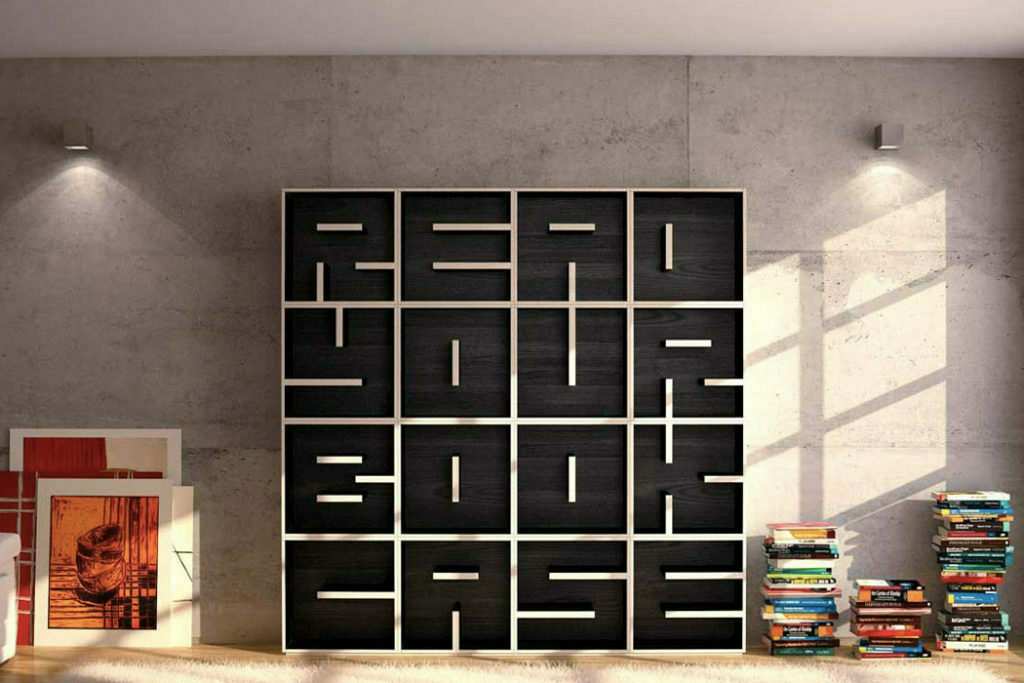The week as an human construct
This article in Aeon was published at around the same time as I published a post on my personal blog about time as a human construct. In that post, I talked about the French Republican calendar and the link between it and the weather.
What’s interesting in this article is that the author, David Henkin, a history professor, talks about the success of the week as being because it’s not attached to religious, cultural, or climatological norms.
Weeks serve as powerful mnemonic anchors because they are fundamentally artificial. Unlike days, months and years, all of which track, approximate, mimic or at least allude to some natural process (with hours, minutes and seconds representing neat fractions of those larger units), the week finds its foundation entirely in history. To say ‘today is Tuesday’ is to make a claim about the past rather than about the stars or the tides or the weather. We are asserting that a certain number of days, reckoned by uninterrupted counts of seven, separate today from some earlier moment.Source: How we came to depend on the week despite its artificiality | Aeon[…]
The modern week has superimposed upon the ancient week a rhythm that is fundamentally social, incorporating an awareness of the demands and constraints of other people. Yet the modern week is also somewhat individualised, inasmuch as its rhythms are shaped by all sorts of private decisions we make, especially as consumers. Whereas Sabbath counts and astrological dominions subject everyone to the same schedule, the modern week makes us aware of our relationship to our networks and to the habits of others, while simultaneously highlighting the variety of our networks and the contingency of those habits.
Better to write for yourself and have no public, than to write for the public and have no self

📚 Bookshelf designs as unique as you are: Part 2 — "Stuffing all your favorite novels into a single space without damaging any of them, and making sure the whole affair looks presentable as well? Now, that’s a tough task. So, we’ve rounded up some super cool, functional and not to mention aesthetically pleasing bookshelf designs for you to store your paperback companions in!"
📱 How to overcome Phone Addiction [Solutions + Research] — "Phone addiction goes hand in hand with anxiety and that anxiety often lowers the motivation to engage with people in real life. This is a huge problem because re-connecting with people in the offline world is a solution that improves the quality of life. The unnecessary drop in motivation because of addiction makes it that much harder to maintain social health."
⚙️ From Tech Critique to Ways of Living — "This technological enframing of human life, says Heidegger, first “endanger[s] man in his relationship to himself and to everything that is” and then, beyond that, “banishes” us from our home. And that is a great, great peril."
🎨 Finding time for creativity will give you respite from worries — "According to one study examining the links between art and health, a cost-benefit analysis showed a 37% drop in GP consultation rates and a 27% reduction in hospital admissions when patients were involved in creative pursuits. Other studies have found similar results. For example, when people were asked to write about a trauma for 15 minutes a day, it resulted in fewer subsequent visits to the doctor, compared to a control group."
🧑🤝🧑 For psychologists, the pandemic has shown people’s capacity for cooperation — "In short, what we have seen is a psychology of collective resilience supplanting a psychology of individual frailty. Such a shift has profound implications for the relationship between the citizen and the state. For the role of the state becomes less a matter of substituting for the deficiencies of the individual and more to do with scaffolding and supporting communal self-organisation."
Quotation-as-title by Cyril Connolly. Image from top-linked post.
